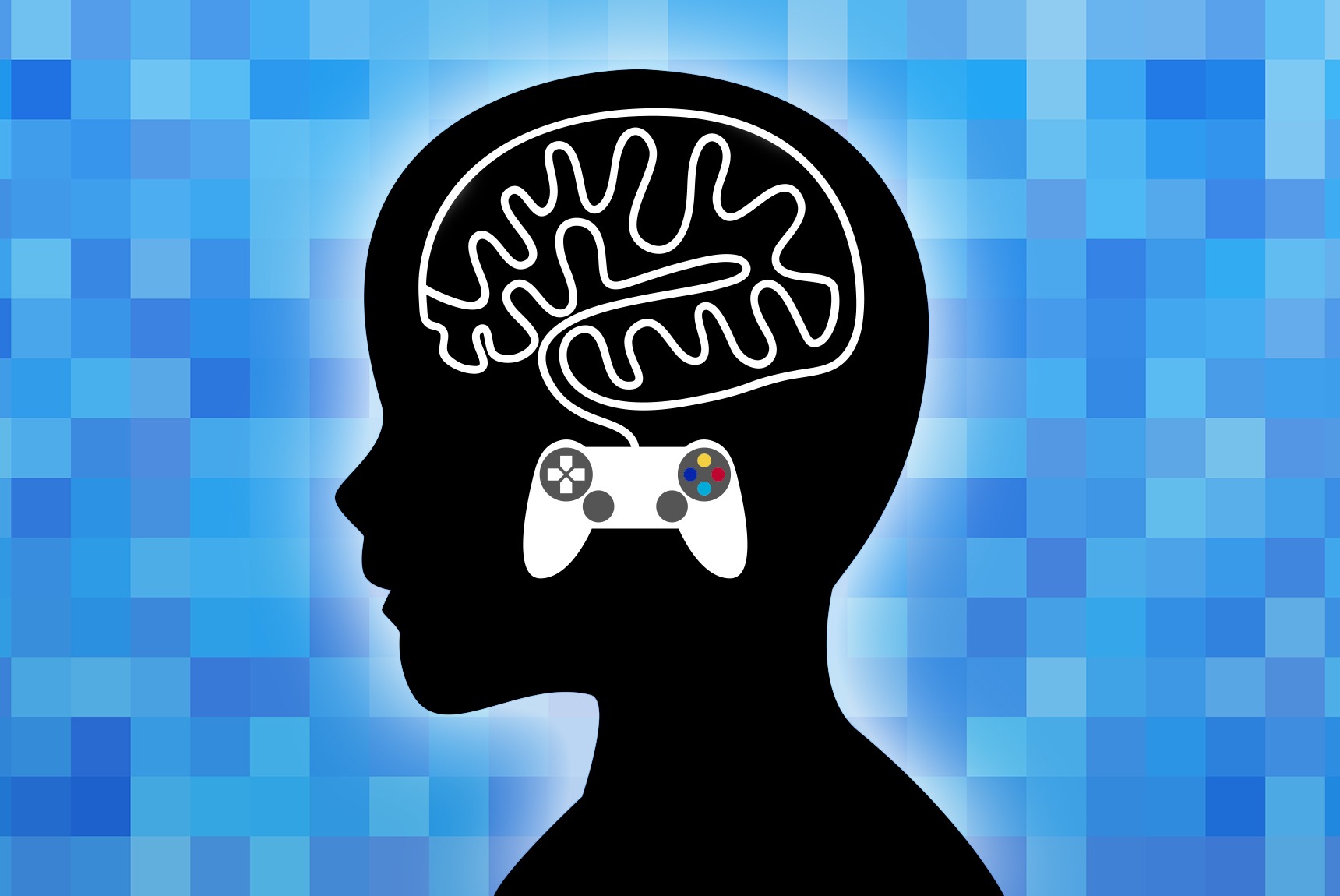The world of gaming is a diverse and rapidly evolving landscape, and its impact on mental health has become a subject of increasing interest and concern. In this expert article, we will explore the intricate relationship between gaming and mental health, shedding light on both the benefits and potential concerns associated with this popular form of entertainment.
The Positive Effects of Gaming
Gaming has been shown to offer a range of benefits for mental well-being:
Stress Relief and Relaxation
For many players, gaming provides a valuable escape from the stresses and pressures of daily life. Engaging in immersive game worlds allows individuals to temporarily disconnect from their worries, promoting relaxation and stress relief.
Cognitive Benefits
Certain video games, particularly those that require problem-solving, strategic thinking, and spatial awareness, can stimulate cognitive functions. These games can enhance memory, concentration, and problem-solving skills, contributing to mental agility.
Social Interaction
Online multiplayer games enable players to connect with others from around the world, fostering social interaction and the formation of friendships. For individuals who may have difficulty with face-to-face socialization, online gaming communities can provide a sense of belonging and support.
Entertainment and Escapism
The entertainment value of gaming should not be underestimated. Engaging storylines, stunning graphics, and captivating gameplay can provide hours of enjoyment, improving mood and overall mental well-being.
Concerns and Potential Risks
While gaming can offer numerous benefits, it is essential to acknowledge and address potential concerns and risks:
Excessive Gaming
Excessive gaming, characterized by prolonged and obsessive gameplay, can lead to negative consequences, such as neglect of real-life responsibilities, impaired sleep patterns, and social isolation. It’s crucial for individuals to strike a healthy balance between gaming and other aspects of life.
Addiction
Gaming addiction, formally recognized as “gaming disorder” by the World Health Organization (WHO), is a growing concern. It can manifest as an uncontrollable urge to play games, even to the detriment of one’s physical and mental health. Identifying and seeking help for gaming addiction is vital.
Content and Exposure
Not all games are suitable for all audiences. Exposure to violent or highly competitive gaming environments can lead to increased aggression or anxiety in some individuals, especially young players. Parents and guardians should exercise vigilance in selecting age-appropriate games for children.
Screen Time and Sedentary Lifestyle
Extended periods of screen time associated with gaming can contribute to a sedentary lifestyle, which may have adverse effects on physical health and mental well-being. Encouraging breaks, physical activity, and outdoor time is essential.
Responsible Gaming and Self-Care
Responsible gaming practices can help individuals enjoy the benefits of gaming while mitigating potential risks:
- Set time limits for gaming sessions to prevent excessive gameplay.
- Prioritize real-life responsibilities, such as work, school, and relationships.
- Be mindful of the content of the games you play and their potential impact.
- Stay connected with friends and family outside of the gaming world.
- If you suspect gaming addiction or adverse effects on mental health, seek professional help and support.
The Future of Gaming and Mental Health
As the gaming industry continues to evolve, there is a growing focus on incorporating mental health awareness and support within games and gaming communities. Game developers are exploring ways to promote positive mental well-being, and initiatives to combat gaming addiction are on the rise.
In conclusion, gaming and mental health have a complex relationship, with both benefits and potential concerns. By practicing responsible gaming and staying mindful of its impact, individuals can enjoy the positive aspects of gaming while safeguarding their mental well-being.

